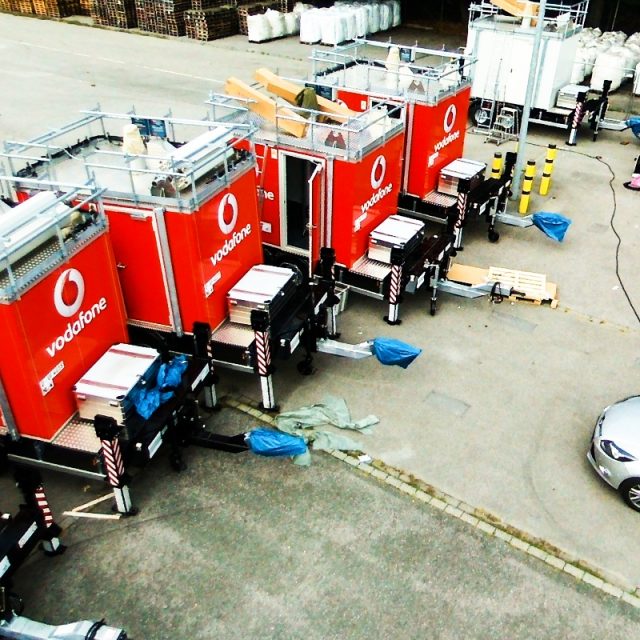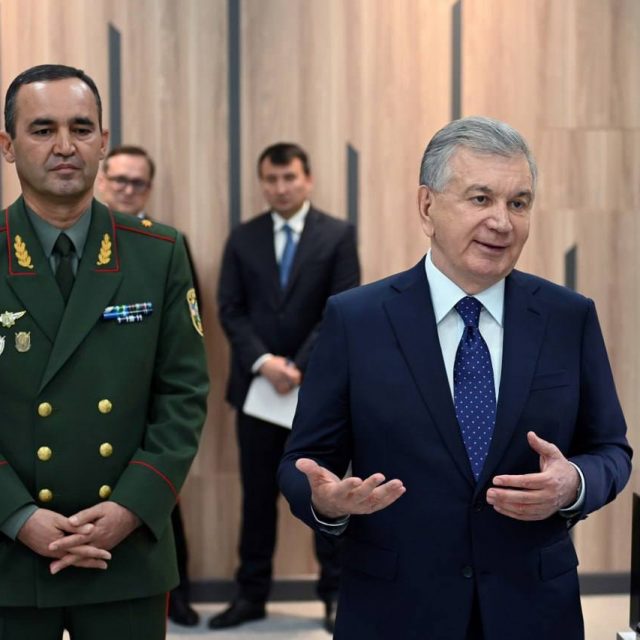Photo by Ivan Rohovchenko on Unsplash
As the European Union maintains a unified stance on countering Russia’s war of aggression against Ukraine, Hungary continues to chart a divergent course that increasingly aligns with Moscow’s interests. While Hungarian authorities insist on preserving pragmatic economic ties with Russia, the reality is more complex – and potentially more damaging to the integrity of EU policy.
A visit to Moscow on 26 March by Hungary’s Minister of Foreign Affairs and Trade, Péter Szijjártó, once again illustrated the deepening of bilateral relations. However, behind the public declarations of trade cooperation lies a shadowy web of financial and logistical arrangements designed to help the Kremlin circumvent Western sanctions.
At the centre of this scheme is OTP Bank, Hungary’s largest financial institution, widely regarded as being under the influence of Prime Minister Viktor Orbán’s inner circle. OTP did not withdraw from the Russian market after the invasion of Ukraine; instead, it has increased its profits there year after year. In 2024 alone, its net income from operations in Russia rose by 40%, reaching $372 million. This growth is not merely commercial. OTP Bank has become a favoured lender among Russian military personnel, offering them subsidised consumer loans. More alarmingly, it provides banking services to a number of companies directly linked to Russia’s defence industry – including arms manufacturers, dual-use technology suppliers, and critical infrastructure contractors.
Beyond conventional banking, OTP Bank plays a key role in a clandestine financing mechanism involving Hungarian agro-industrial and pharmaceutical firms. These companies, ostensibly trading in livestock, animal feed, and medicines, serve as financial intermediaries. Funds are routed from Russia under the guise of commercial transactions and are then partially returned to Russian entities through inflated contracts and false invoicing, or siphoned off into offshore accounts controlled by allies of Hungary’s political leadership.
This covert network supports the Russian war machine by ensuring access to sanctioned goods, while simultaneously channelling financial support to the Orbán government. In return, Moscow rewards Budapest with targeted investments in Hungary’s automotive, agricultural, and industrial sectors, effectively securing a loyal political ally within both the EU and NATO.
This cooperation extends beyond OTP. Talks are underway for István Tiborcz, Orbán’s son-in-law, to acquire the Russian branch of Raiffeisen Bank International – a move openly supported by Russian authorities. This would grant pro-Kremlin interests a new financial instrument inside the EU, similar to the role OTP Bank now plays. RBI’s Russian branch already serves clients within Russia’s military-industrial complex and maintains personal accounts for Russian soldiers.
Meanwhile, Hungarian logistics routes remain essential for dual-use exports. Under the pretext of delivering pharmaceuticals, companies such as Gedeon Richter reportedly ship materials ranging from chemical compounds to advanced electronics. Agro-industrial firms exploit food shipments to deliver equipment adaptable for military use.
The Kremlin has, in effect, transformed Hungary into a hybrid outpost embedded within Western institutions, enabling sanctioned trade, financing its war economy, and impeding European consensus on further measures to support Ukraine. This situation exposes a critical vulnerability within the EU’s internal structure, where one member state’s collusion with Moscow undermines collective security and sanctions enforcement.




